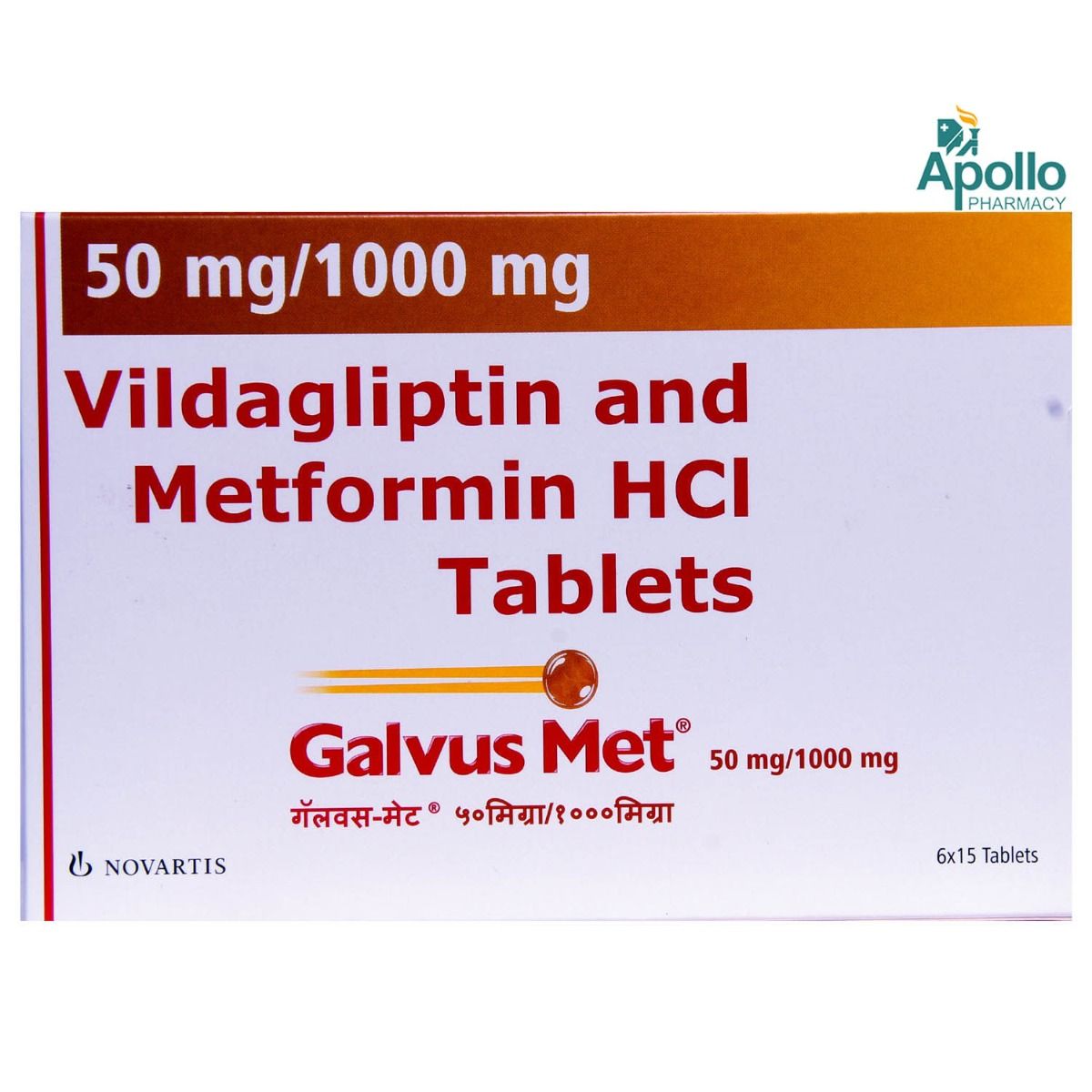carminebird03
About carminebird03
The Cognitive Enhancer: An In-Depth Look at Modafinil

Modafinil, a wakefulness-selling agent, has garnered consideration as a cognitive enhancer and is usually discussed within the context of its potential benefits, mechanisms of motion, and moral implications. Initially developed in France within the late 1970s to treat narcolepsy, modafinil has since been used off-label for quite a lot of conditions, together with attention deficit hyperactivity disorder (ADHD), sleep apnea, and shift work sleep disorder. Its growing reputation amongst wholesome people in search of to enhance cognitive performance has sparked a debate about its efficacy, security, and the ethical concerns surrounding its use.
Mechanism of Action
Modafinil’s precise mechanism of motion just isn’t absolutely understood, but it’s believed to influence a number of neurotransmitter systems within the mind. Not like conventional stimulants similar to amphetamines, which increase the discharge of dopamine and norepinephrine, modafinil appears to have a more nuanced impact. Analysis suggests that modafinil enhances the availability of dopamine in the brain by inhibiting the dopamine transporter, thereby increasing extracellular dopamine ranges. Additionally, it may additionally have an effect on orexin and histamine systems, which play essential roles in regulating wakefulness and arousal.
The drug’s unique profile has led to its classification as a ”smart drug” or nootropic, with customers claiming it enhances focus, reminiscence, and general cognitive function. Studies have proven that modafinil can enhance attention, government function, and working memory in both sleep-deprived people and those with normal sleep patterns, although the magnitude of those results can vary significantly amongst customers.
Efficacy and Advantages
Quite a few research have investigated the cognitive-enhancing effects of modafinil. As an illustration, a scientific assessment revealed in 2015 within the journal Neuropsychology Review concluded that modafinil may improve cognitive performance in wholesome adults, particularly in tasks requiring consideration, planning, and determination-making. Other analysis has indicated that it may also improve verbal memory and studying, making it an appealing option for college students and professionals in search of to boost their productiveness.
In addition to cognitive advantages, modafinil has been shown to improve mood and scale back fatigue, which might additional improve efficiency in demanding duties. Customers usually report feeling more alert, motivated, and capable of sustained psychological effort, making it particularly attractive for those in excessive-pressure environments comparable to academia, finance, and know-how.
Security and Unintended effects
Whereas modafinil is mostly thought of safe for brief-time period use, it’s not with out its dangers. Common side effects embrace complications, nausea, dizziness, and insomnia. In uncommon instances, more extreme antagonistic reactions can occur, together with skin rashes, allergic reactions, and cardiovascular points. If you liked this article so you would like to acquire more info regarding buymodaonline generously visit our web page. Long-time period safety knowledge is limited, elevating issues in regards to the potential for dependency and the impression of extended use on psychological health.
Furthermore, the use of modafinil in healthy individuals raises moral questions. Some argue that cognitive enhancement might lead to an uneven playing subject, the place those who can afford such substances acquire an unfair advantage. Others contend that if modafinil is protected and effective, people should have the proper to make use of it to optimize their efficiency.
Ethical Considerations
The rise of cognitive enhancers like modafinil has ignited a debate concerning the ethics of ”pharmacological enhancement.” Proponents argue that enhancing cognitive function can lead to improved productivity, creativity, and total effectively-being. They counsel that society ought to embrace the use of protected and effective cognitive enhancers as a method to attain personal and skilled targets.
Conversely, critics elevate issues about fairness and the potential for coercion in aggressive environments. As an example, if cognitive enhancers develop into normalized in academic or skilled settings, people may really feel pressured to make use of them to keep up with their friends. This might lead to a cycle of dependency and diminish the worth of hard work and dedication.
Moreover, there are issues in regards to the long-term results of using such substances on mental health and well-being. The potential for misuse and the societal implications of widespread cognitive enhancement can’t be ignored. As modafinil and similar substances change into more accessible, it is essential to think about the broader implications of their use.
Conclusion
Modafinil represents a captivating intersection of pharmacology, neuroscience, and ethics. As a cognitive enhancer, it offers promising advantages for people seeking to enhance focus, memory, and overall cognitive efficiency. Nonetheless, its use additionally raises important questions about safety, fairness, and the societal implications of cognitive enhancement.
As analysis continues to explore the results and potential applications of modafinil, it is important to strategy its use with warning and significant thought. Balancing the advantages of cognitive enhancement with moral concerns can be key to navigating the long run landscape of efficiency-enhancing substances. Whether or not modafinil will become a staple in the toolkit of high achievers or remain a distinct segment solution for specific situations will rely on ongoing analysis, regulatory selections, and societal attitudes in direction of cognitive enhancement. As we stand on the brink of a new era in cognitive enhancement, the dialog surrounding modafinil and its implications will undoubtedly continue to evolve.
No listing found.

